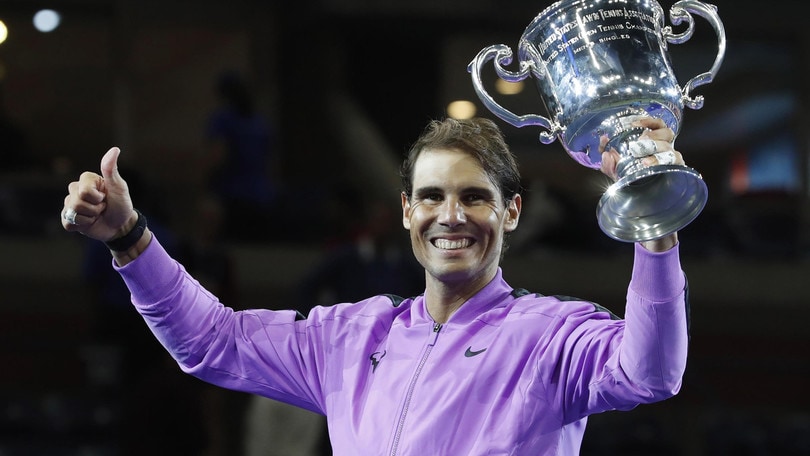Coaches are strongly aware of the close interaction between motivation and learning. The motivation, however, is a theoretical concept that can not be directly observed and that can only be speculated on the basis of the behavior of athletes. In any case, the knowledge of the motivational processes is a crucial factor for every coach, who wants to teach effectively.
The most important reasons recognized by young athletes are related to:
- competence (learn and improve their sports skills)
- fun (excitement, challenge and action)
- affiliation (being with friends and making new friends),
- team (being part of a group or team)
- compete (compete, succeed, win)
- fitness (feeling fit or feel stronger)
Conversely, the main causes of the decrease in sport motivation or drop out are to be ascribed to a lack of fun, lack of success, competition stress, lack of support from parents, misunderstandings with the coach, boredom and sport injuries.
In summary, these are the three main needs that the athlete wants to meet through the sport:
- fun- it satisfies the need for stimulation and excitement;
- competence – it fulfills the need to acquire skills and to feel self-determined in the activities
- being with others – it satisfies the need for affiliation with others and being in a group.
With reference to the need of stimulation it can be stated that:
- The success is built by calibrating the program to be carried out with the skills and the age of the athlete.
- The training must be kept challenging and varied.
- Each athlete must be active; do not let the athletes time to get bored.
- During training the coach has to provide athletes with the opportunity to perform challenging exercises.
- The coach must teach athletes to identify realistic goals.
- During the training is useful to establish times when athletes practice without being evaluated by the coach.
Regarding the need for competence, it’s up to the coach to stimulate both the child and the expert not only to learn specific sport techniques but, also, to develop the desire to progress and curiosity about themselves and the environment in which they act.
At this regard, the coach has to remember that:
- Specific goals, which are difficult and a challenge are more effective than specific targets but easy to reach, the goals defined in terms of the do-your-best and non-targets.
- Athletes must have enough skills to reach their goals.
- The goals are more effective when they are defined in terms of specific behavior than when they are defined in a vague manner.
- The intermediate goals have to interact with the long-term goals.
As for the need to affiliation, it’s based on the need to belong to a group and to be accepted, establishing meaningful relationships. Satisfying the need for affiliation and self-esteem, the athletes experience greater confidence in themselves and more self-control. In fact every athlete and coach knows from experience that when there are communication problems between them it’s difficult to follow the training program that has been set.
The key points to satisfy the need for affiliation and self-esteem of the athletes can be summarized as follows:
- Listen to the demands of athletes.
- Understanding the needs expressed, orienting them within the annual program of training.
- Determine the role of each athlete, setting realistic goals for each one.
- Openly acknowledge the efforts made to collaborate on team goals.
- Teach players to correct each other.
- Provide technical instruction and encourage personal commitment.
- Reduce the competitive stress rewarding their commitment and reducing the importance attached to the result.
In other words, the coachs to develop in their athletes the sense of belonging to that particular group, must appear credible and consistent in their attitudes and behaviors. To be credible the coaches must be truthful with all their athletes: young and old, experienced and inexperienced. At this regards it’s necessary to:
- Share with the athletes the technical program, highlighting their skills and areas for improvement.
- Explain the reasons of techniques and strategies: so they will remember better.
- Do not make promises, personally or indirectly, that they might not be able to maintain.
- Answer questions with competence, honesty and sensitivity.
- Avoid pronounce phrases which might affect the athletes’ sel-esteem (eg:”You’ll never part of the group of the best). As a guide the coaches has to ask themselves:” If I were an athlete, I would be told this by the coach? “






